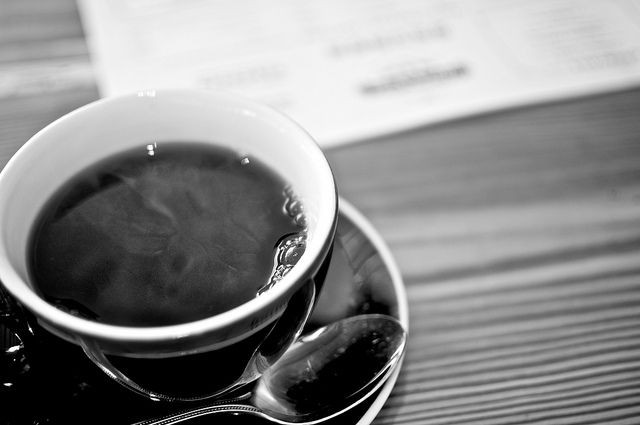Caffeine Intoxication And Withdrawal Now Considered Mental Disorders: Signs You're Addicted To Coffee

Caffeine intoxication and caffeine withdrawal are considered mental disorders, according to the American Psychiatric Association's new Diagnostic and Statistical Manual of Mental Disorders (DSM-5).
The complete guide, which was released on May 22, details the symptoms of caffeine overdose including restlessness, nervousness, excitement, red face, twitching of muscle, rambling, rapid and irregular heartbeat, and sleeplessness, Live Science reports.
The newly grouped disorder, caffeine withdrawal has symptoms of headache, fatigue, difficulty concentrating, and depressed mood, among others.
"Caffeine is invading our society more and more," Alan Budney, who helped create DSM-5, said at a 2011 industry symposium. "There's concern enough to consider this topic seriously, even though it's probably one of the more controversial issues faced by our work group."
According to the U.S. Food and Drug Administration (FDA), the average person consumes almost 300 mg of caffeine every day, while teens consume one-third the amount as adults.
While energy drinks are a small source of caffeine for teens, the Substance Abuse and Mental Health Services Administration (SAMHSA) reported earlier this year that emergency room visits as a result of caffeine-rich energy drinks doubled from 2007 to 2011.
The worst case scenarios of caffeine overdose have led to death. In 2007, a 19 year old from Connecticut died from cardiac arrest after taking 4800 mg of No-Doz' maximum-strength caffeine pills. The FDA says that five deaths have been reported after drinking caffeinated energy drinks last fall.
But caffeine offers benefits such as alertness and attention, boosting metabolic rate, and reducing heart disease and diabetes risks. The manual also added that caffiene is the most common psychoactive drug in the world, and experts say consumers should be wary of feelings of dependency and anxiety.
Find the full list of 15 new mental illnesses in the new diagnostic manual here.
Published by Medicaldaily.com



























